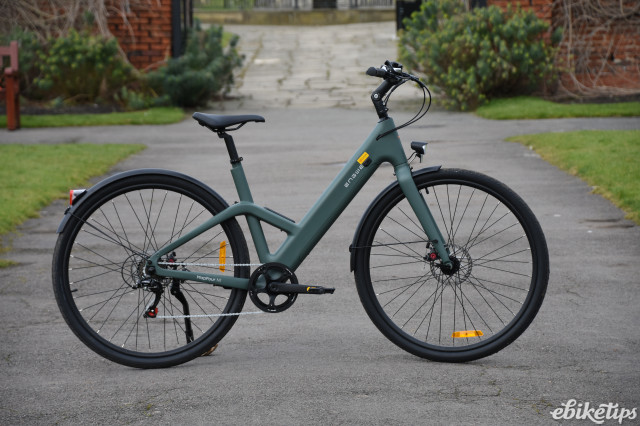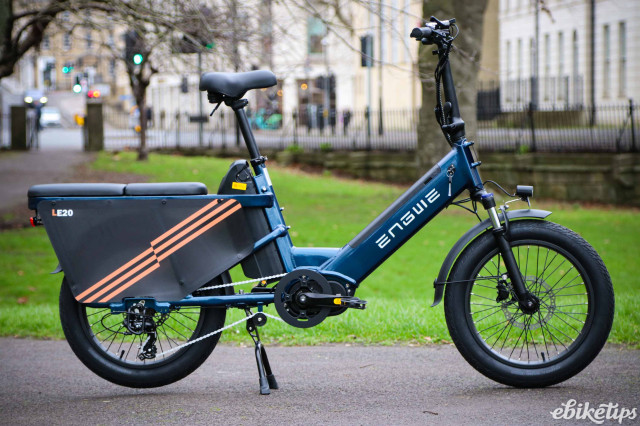A study looking into the shift to e-bikes from other modes of transport has found that they may lead to people giving up cars and using public transport less. The authors also argue that e-bikes should be at the core of planning as, "they are a readily available way to foster the decarbonisation of transport".
Based on interviews and a survey taken in Lausanne, Switzerland, the paper by Taylor & Francis concluded that e-bikes are used very frequently and for a variety of reasons, but mostly for utility trips.
Since adopting an e-bike, most respondents used public transport less (61%). The next most reduced mode of transportation was the car (51%), followed by mechanical cycling (46%), and walking (37.5%).
The study also found that e-bikes are a way to continue cycling. Electric assistance enabled people to cycle more, as well as go faster/further, and helped them cycle in hilly areas. Other motivations for riding an e-bike included having an alternative to the car and public transport.
> Best electric bikes under £3,000 2024 – our pick of the best e-bikes under £3k
The study also looked at renunciation - interpreted as either giving up a vehicle or the intention to buy one. The most frequent renunciation was motorised two-wheelers at 43%, with cars at 18.6% (44% of car-free households and 12% of households owning a single car).
The paper goes on to argue that e-bikes should be at the core of planning, along with other forms of active mobilities and public transport, as it says they are a readily available way to foster the decarbonisation of transport.
“However, many challenges remain to realise its full potential," it said. "First, infrastructure must make e-cycling as well as cycling safe, efficient, and attractive at the scale of the urban region. Electric assistance cannot compensate for the lack of cycle ways. Attention has also to be paid to the storage of e-bikes, especially in dense, older neighbourhoods.
> Automatic e-bike speed restriction to be trialled in Amsterdam
“Second, promotional measures (subsidies, trials) could help to reach a wider population (age, social class). Third, e-bikes must be thought in combination with other modes (walking, public transport, carsharing, cargo-bikes) to make it possible to live car-free.
"Finally, spatial planning should aim to regulate urban sprawl and promote more compact development to avoid automobile dependence, reduce distances to travel and foster trips by active mobilities.”





